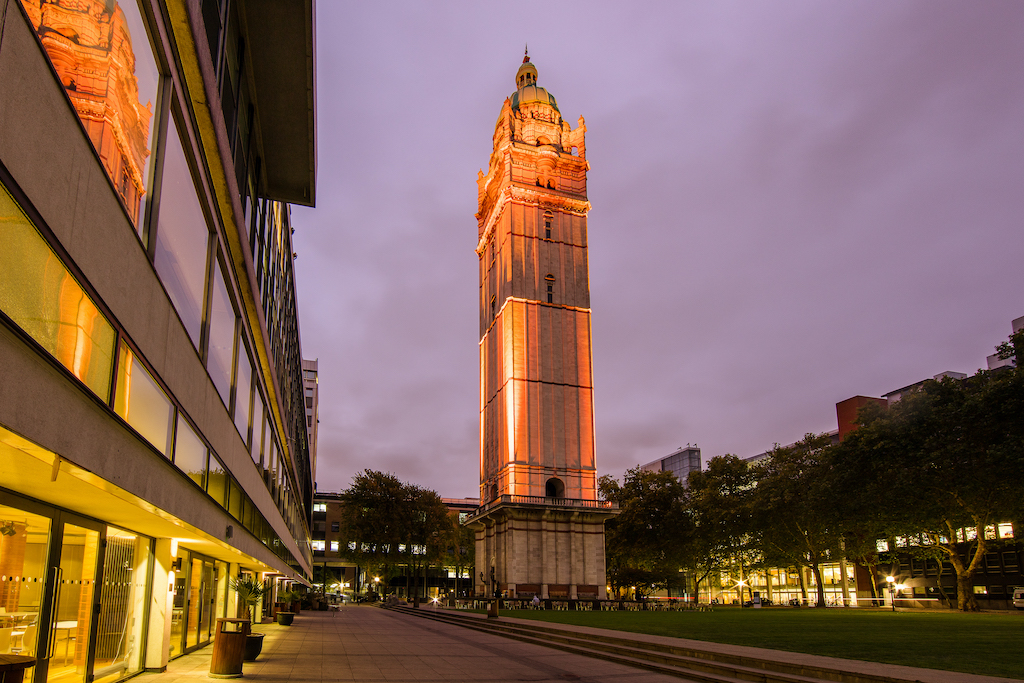
In the midst of a global pandemic, our people are continuing their endeavour to improve health and care. In this new series, we’re speaking to our IGHI community to find out how they’re adapting to working life amid coronavirus, and the unique opportunities and challenges this has presented them.
 Niki O’Brien, Policy Fellow in Global Health, IGHI
Niki O’Brien, Policy Fellow in Global Health, IGHI
“The pandemic has shifted the focus of a lot of our research. This year our major area of work has been cybersecurity and its implications for patient safety and health systems. But now we’re also looking at the impact that COVID-19 is having on cybersecurity. Many people are suddenly working remotely, some of whom have sensitive information on their computers at home, such as patient data or other confidential files. We want to better understand the potential security issues this is causing, and what we can do to improve this.
“We know that some people are taking advantage of the situation and using it as an opportunity to launch cyber-attacks. Among the targets are health systems and healthcare organisations; we’ve been tracking these attacks across the world so we can learn from them.
“We’re also looking at digital health more broadly, which has been adopted much more rapidly because of the pandemic. These technologies have proven to be a useful tool to enable remote care and help reduce transmission, but we need to make sure the platforms are secure and that patient safety remains a priority.”
Dr Antoine Barbot, Research Associate, Hamlyn Centre
“My work focuses on developing microscopic tools for surgery and other medical applications. For example we’re designing tiny grippers that can grasp very small amounts of tissue. Our aim is to reach individual cell manipulation, which could hopefully make biopsies less invasive. The vast majority of this work is lab-based research, so the pandemic has had a big impact and I’ve had to put all of my experimental work on a break.
“So while I can’t get back into the lab, I’ve begun to work on developing simulations instead. Usually when we create these miniature tools, or ‘micromechanisms’ for surgery, we come up with a design, test and characterise it in the lab, and then tweak the design based on what we saw. This is really time-consuming. So if we can develop robust computer-based models instead, this could hopefully cut out extra work and help us see which designs are most effective for what we want to achieve.
“This is something that I’ve really needed to do to progress my work. So while this is really out of my comfort zone, it’s great to actually have time to invest in this!”
 Sabina Negut, IGHI Recruitment and Development Officer
Sabina Negut, IGHI Recruitment and Development Officer
“Initially I found working remotely difficult because of the lack of face-to-face interaction with people. But on the bright side, I concentrate a lot better at home without distractions! It can be challenging to switch off when your home is your office and I’ve found myself answering emails really late. Sticking to a schedule and blocking out my calendar with my to-do list has really helped.
“The situation has meant that we’ve all needed to adapt our working lives and we have to learn to understand each other a bit more. For my role, I’ve needed to make sure that I make extra effort to show people I’m still available for HR support if they need help.
“As recruitment is on hold, I’ve been able to focus more on the learning and development aspect of my job. There are loads of brilliant resources online, so I’ve been planning ways to ensure that despite the lockdown, we continue to support growing people’s skills through training.”